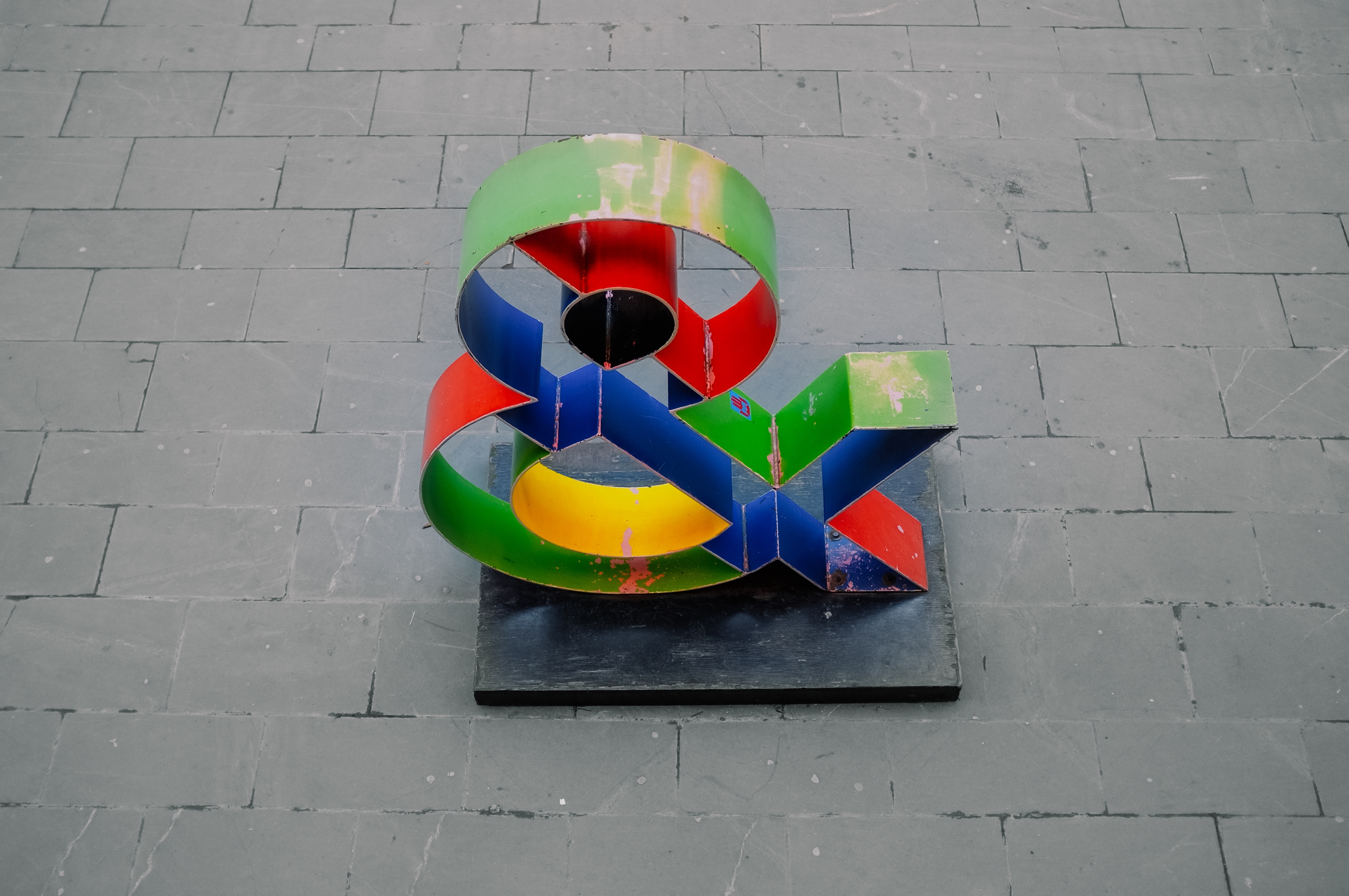I’m the oldest child of the new generation of Blackness in my family. My elders made their way from 1970s Crown Heights, Long Beach and Acre’s Home, Houston to upper middle class America. They also taught me that education is what changed their lives. I’m the child of a Black electrical engineer and a Black anesthesiologist.
In fact, most of my aunts and uncles have advanced degrees, and I’m afforded all of the societal privileges that come with that hustle.
The neighborhood and schools I grew up in groomed me for a real life manifestation of the Cosby Kid experience. I went to the dentist religiously every six months. College was an understood academic pathway. I could follow my professional dreams because I had a safety net. I have a safety net. Living this truth, I’ve had to do a lot of thinking about race and class. The two don’t live in individual vacuums, and ignoring that fact can do harm both to yourself and the Black community as a whole.
Wealthy folks of color are quick to forget that we are unfortunately an anomaly. We have a tendency to not only deny our privilege, but also straight up ignore it. I intentionally avoided conversations about wealth with my friends of color in college, Black or otherwise. Though my neighborhood afforded me the many of benefits of a higher economic class, I was at a loss for diversity though I am myself a ‘diverse’ person. My university experience was the first time I was consistently around other Black and brown people. From owning at least one family reunion t-shirt to being followed by mall security as a pre-teen in Claire’s, we also had shared experiences. I didn’t want my background as a child of wealth to detract from the camaraderie I felt with communities of color in the United States.
I didn’t want to talk about money. I grew up thinking it was rude, but I also see people who were exceptionally proud and vocal of their financial success. This is especially true in older communities when they can chart their personal journeys with access, how they’ve attained it, and the benefits it affords them. So is there really guilt associated with wealth? Yes, when it’s not yours.
When you don’t have a hand in your privilege, you feel guilty seeing those who don’t have it. Especially when those people look like you. But that’s the nature of privilege – you don’t have a hand in it, but you do have to recognize it. When we ignore the very real impact our wealth has on our lives, it does two things. It normalizes success as a white characteristic in this country’s white/other racial dichotomy and denies our communities of the knowledge we’ve gained in order to acquire and maintain that success.
We need to do some serious thinking about why we associate Blackness with poverty. It reinforces the mentality that we’re worth far less than we are. It keeps our standards for success low and actively dismantles the solidarity we’ve fought so hard for. The more comfortable we are linking ourselves with hardship, the farther we are from claiming Blackness is about community and consciousness.
This is by no means a fair fight. We’ve literally built our culture from nothing and had to claw our human rights from a country our ancestors built. Despite this history, there are steps we can take for our collective financial futures. We need to reevaluate the ways we view our money and what we do with it once it’s in our hands. And for those of us who come from wealth, the way to support that mentality shift is through transparency. We can’t have a discussion about accumulating wealth in Black America if we’re not honest about how we got our own.
I didn’t earn the privilege I got from my upbringing, but my parents were certain to teach me what they knew about securing a financial future. This knowledge goes beyond a degree and a stable job. It begins with very boring things like budgeting, debt management, and a savings account. Living off of last month’s income is a difficult and learned skill, and I’ve had the benefit of practicing it since my first job as a PacSun sales rep at 15. That said, I’m still learning. I only recently found out the difference between a 401k and an IRA fund (trust me, it’s important).
Not only is it dishonest to ignore that I have this information, keeping silent puts an abrupt halt on a lot of valuable discourse. So open up, folks. Share your knowledge. Building a legacy of Black Excellence begins with the community and consciousness at the root of our culture.
